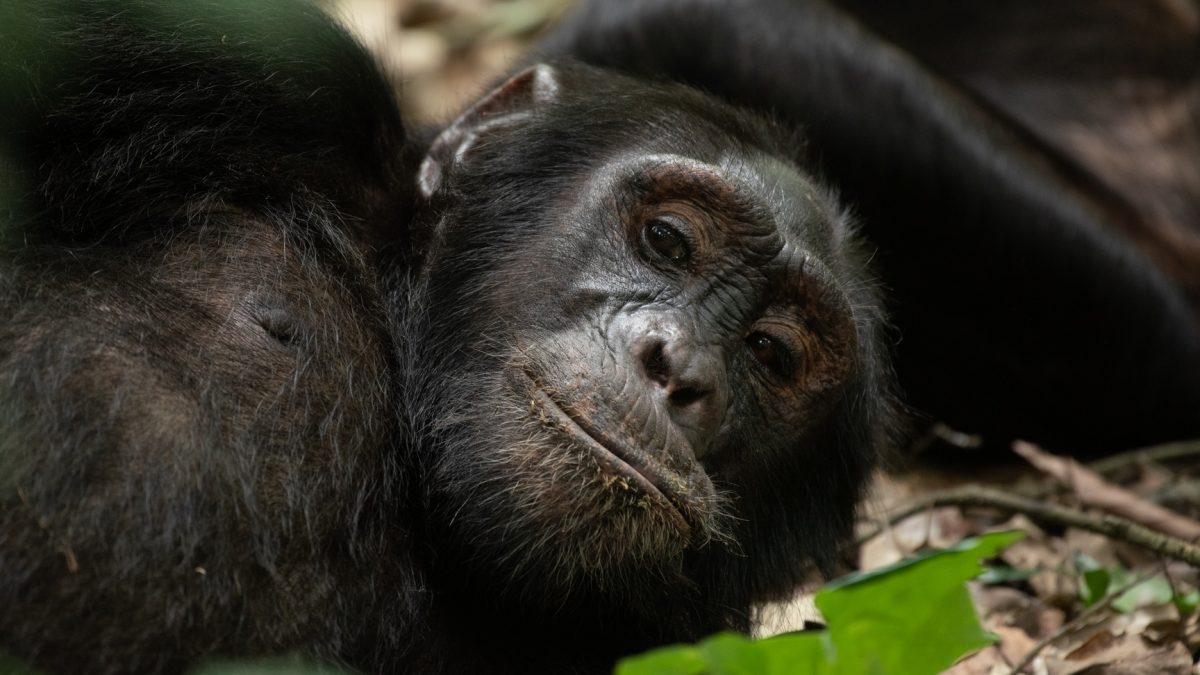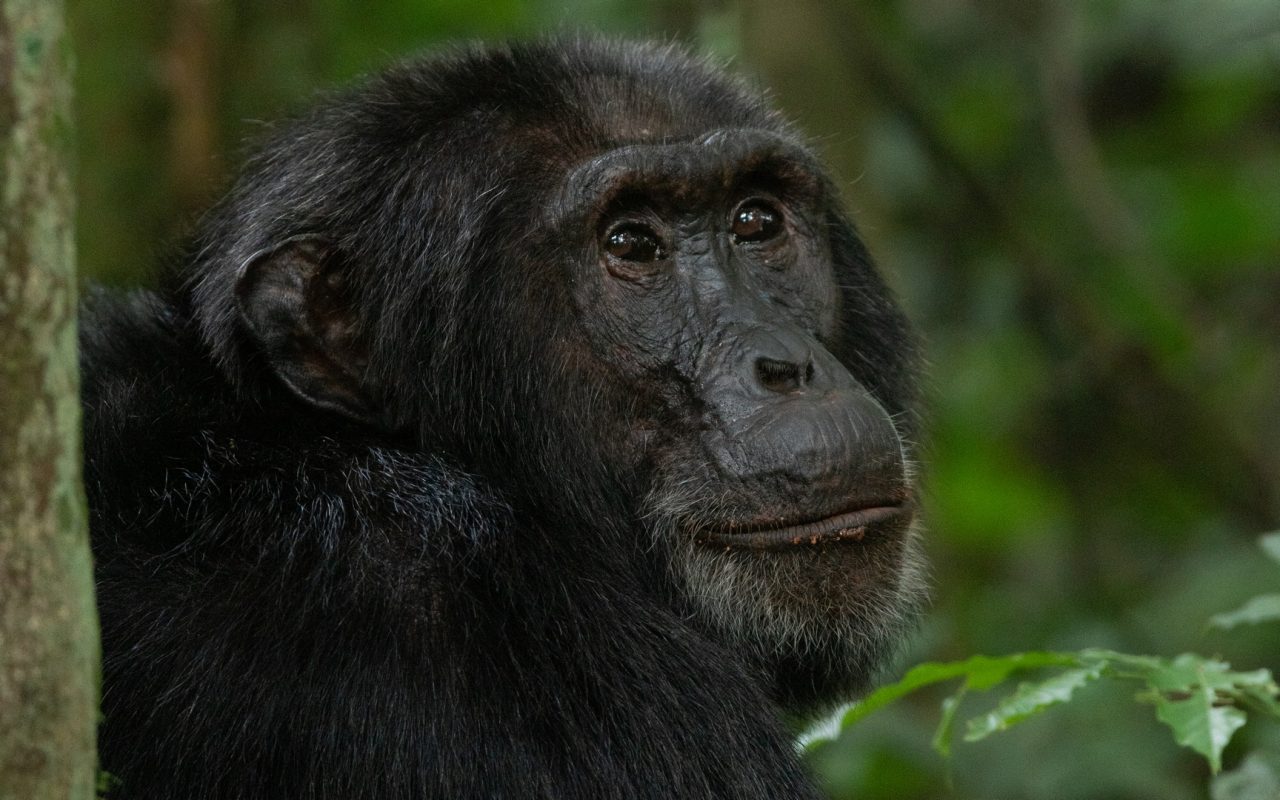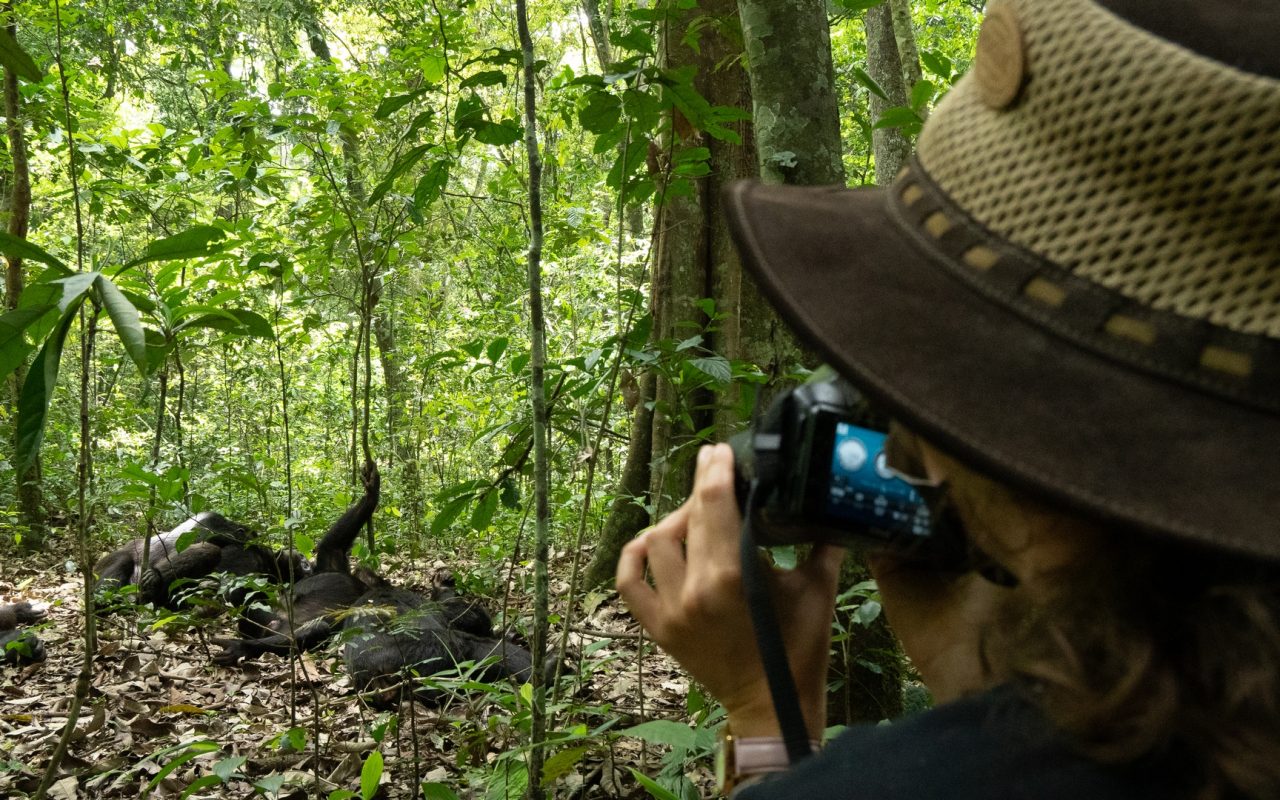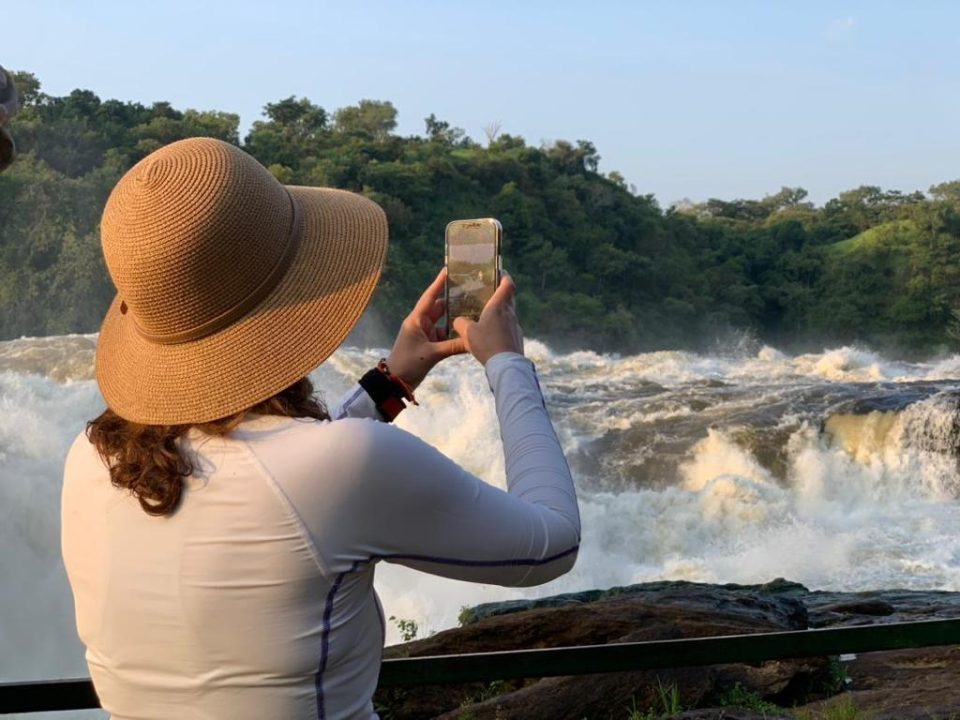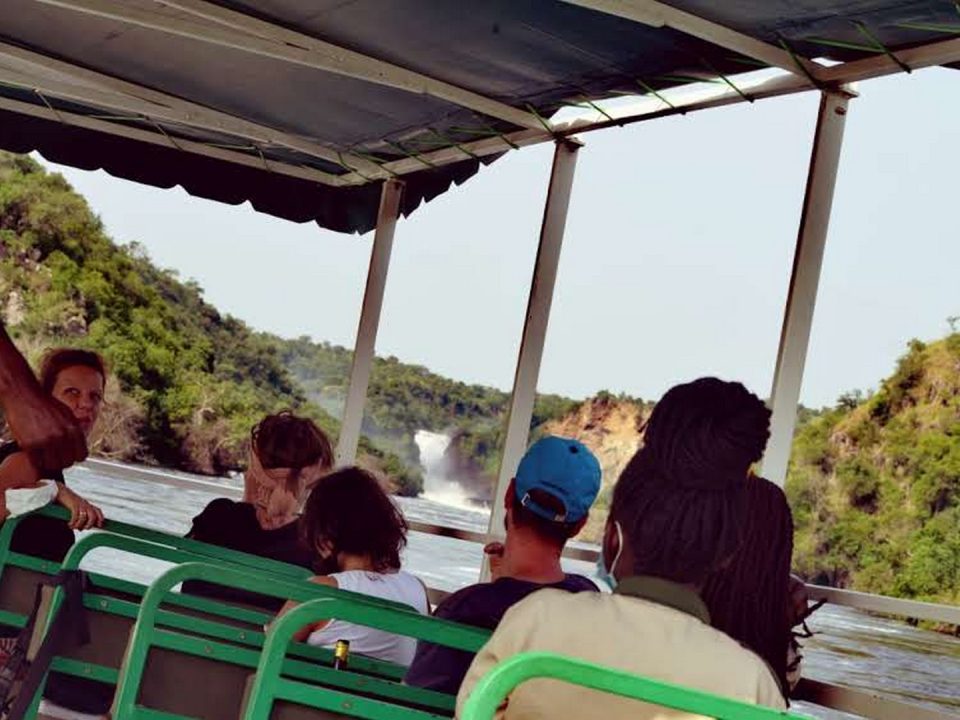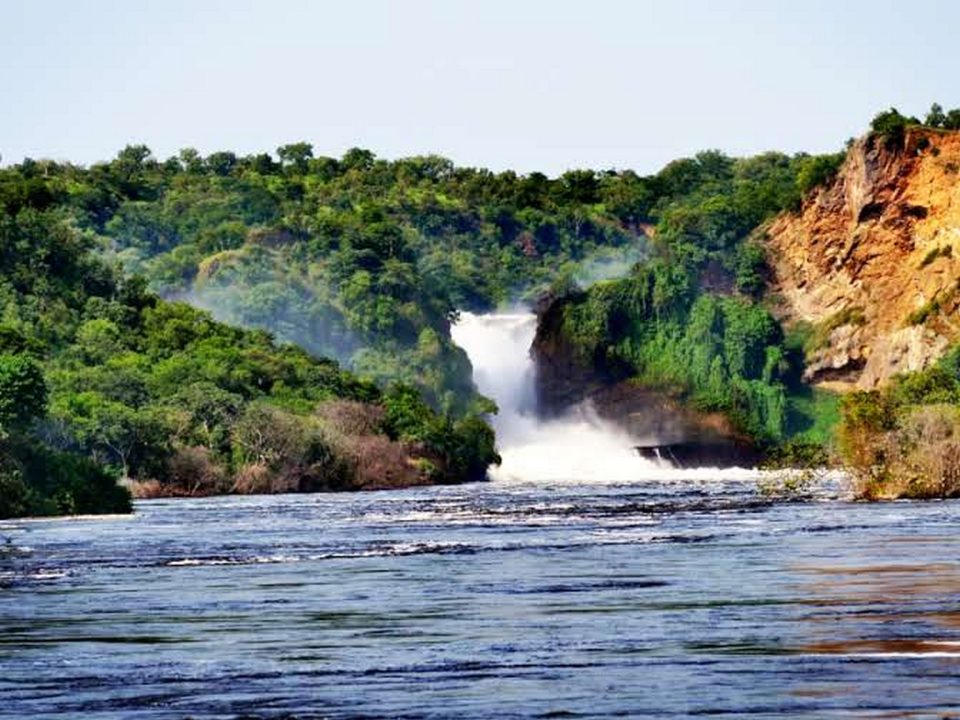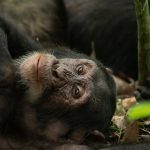
What is the Best Time of Day to Go Chimpanzee Tracking in Rwanda?
March 24, 2025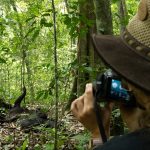
Can I Book a Guided Chimpanzee Tracking Tour in Rwanda?
March 25, 2025Are There Any Risks Involved with Chimpanzee Tracking in Rwanda?
Are There Any Risks Involved with Chimpanzee Tracking in Rwanda? Chimpanzee tracking in Rwanda offers a rare and thrilling opportunity to observe one of our closest living relatives in their natural habitat. The lush forests of Nyungwe National Park, which is home to over 400 chimpanzees, provide the perfect backdrop for this unforgettable experience. However, as with any wildlife adventure, there are inherent risks involved. These risks, while minimal when proper safety protocols are followed, are important to understand before embarking on a chimpanzee trekking excursion. In this detailed write-up, we will explore the potential risks associated with chimpanzee tracking in Rwanda, the measures in place to mitigate these risks, and how you can enjoy a safe and enriching experience.
Understanding Chimpanzee Tracking in Rwanda
Chimpanzee tracking in Rwanda is an exhilarating activity that allows visitors to spend time in the wild, trekking through dense forests to observe chimpanzees in their natural environment. Nyungwe National Park is the premier location for this activity, as it is one of the few places in the world where visitors can track chimpanzees in the wild.
The trek typically lasts between 2 to 6 hours, depending on the location of the chimpanzees and the terrain. Visitors are led by experienced, knowledgeable guides who ensure that the group adheres to strict safety and ethical guidelines while observing the chimpanzees.
What Are the Risks Involved with Chimpanzee Tracking?
Chimpanzee tracking, while generally safe, does come with certain risks, both to the visitors and to the animals themselves. Below, we outline some of the key risks associated with chimpanzee tracking in Rwanda.
Health Risks – Disease Transmission
One of the primary concerns in chimpanzee tracking is the risk of disease transmission between humans and chimpanzees. Chimpanzees, like humans, are susceptible to a wide range of diseases, including respiratory infections, flu, and even diseases like tuberculosis. Humans can inadvertently transmit diseases to chimpanzees, which can have devastating effects on the population.
Similarly, trekkers themselves may be at risk of catching diseases from the chimpanzees, although this is less common. To mitigate this risk, the Rwanda Development Board (RDB) and park authorities have implemented strict health protocols. For example, trekkers are required to show proof of yellow fever vaccination before participating in chimpanzee tracking. Moreover, trekkers are instructed to wash their hands before and after the trek and are discouraged from coming too close to the chimpanzees to avoid any risk of disease transmission.
Physical Risks – Strenuous Trekking
Chimpanzee trekking is a physically demanding activity. The trek involves hiking through dense forests, often on steep and uneven terrain, and at times, navigating through mud and water. The trek can last several hours, requiring a level of physical fitness and stamina.
For those who are not used to hiking or have limited physical abilities, there is the risk of injury, such as sprained ankles, falls, or fatigue. The terrain can be slippery, particularly after rain, making it important to wear sturdy footwear, comfortable clothing, and bring plenty of water.
To reduce these risks, it is recommended that trekkers be in good health and prepare physically for the trek. Visitors with pre-existing medical conditions such as heart issues, joint problems, or respiratory concerns should consult with their healthcare provider before embarking on the trek.
Wildlife Interaction – Aggressive Behavior from Chimpanzees
Chimpanzees are intelligent and social animals that can exhibit a range of behaviors. While most chimpanzees in Nyungwe National Park are habituated to human presence, there is always a risk of unpredictable behavior. In some cases, chimpanzees may feel threatened by the presence of humans and may display aggressive behavior, such as charging or vocalizing loudly.
Though incidents of aggression are rare, it is essential to maintain a safe distance from the chimpanzees to avoid provoking them. The Rwanda Development Board has strict guidelines in place to ensure safe distances are maintained, typically a minimum of 7 meters (21 feet) between trekkers and chimpanzees.
Guides are highly trained to read chimpanzee behavior and will instruct trekkers to retreat if they notice any signs of aggression. They also ensure that trekkers do not engage in any actions that could provoke the chimpanzees, such as sudden movements, loud noises, or direct eye contact.
Weather and Environmental Risks
Rwanda’s climate is generally mild, but it can still pose challenges during chimpanzee tracking. The forests of Nyungwe National Park are often wet and muddy, especially during the rainy season, which lasts from March to May and from September to November. Wet conditions can make the trek more difficult, with slippery trails and the possibility of getting stuck in the mud.
Weather can also change unexpectedly, and trekkers may experience heavy rainfall while on the trail. The potential for hypothermia or discomfort is real if trekkers are not adequately prepared for wet conditions. To mitigate this risk, trekkers should pack appropriate clothing, such as waterproof jackets, gaiters, and quick-dry clothing, to stay comfortable and safe during the trek.
Measures in Place to Mitigate the Risks
To ensure the safety of both the chimpanzees and trekkers, several protocols are in place, overseen by the Rwanda Development Board and the Nyungwe National Park authorities.
Strict Health Regulations
The Rwanda Development Board enforces strict health guidelines to minimize the risk of disease transmission between humans and chimpanzees. This includes hand sanitization stations before and after the trek, limiting the number of visitors allowed to track the chimpanzees each day, and maintaining a strict distance between trekkers and the primates. Only individuals who are healthy and fit are allowed to participate, and those who are unwell are prohibited from tracking to protect the chimpanzees.
Experienced Guides and Rangers
Trekking through the dense forests of Nyungwe requires experienced guides who are well-versed in both the physical and behavioral aspects of the park. Guides and rangers are trained to ensure that trekkers adhere to safety protocols and are able to handle any unexpected situations that may arise during the trek. They are also trained to manage the behavior of the chimpanzees and know how to act in case of any aggressive or unexpected encounters.
Regulated Distances and Group Sizes
To minimize the risk of injury or aggression from the chimpanzees, group sizes are limited to a small number of participants, typically around 8-12 trekkers per group. This allows the group to be more manageable and less intrusive in the chimpanzees’ territory. Additionally, trekkers are required to maintain a safe distance of at least 7 meters (21 feet) from the chimpanzees, which helps reduce the chance of aggression or disease transmission.
Appropriate Equipment and Preparation
Visitors are encouraged to bring proper hiking gear, including sturdy shoes, waterproof jackets, hiking poles, and sunscreen. For trekkers who may struggle with the physical demands of the hike, alternative options such as less strenuous trails or shorter treks are available. Additionally, ensuring adequate hydration and maintaining a slow, steady pace can help reduce physical strain during the trek.
How to Safely Enjoy Chimpanzee Tracking in Rwanda
While chimpanzee tracking comes with certain risks, these are manageable with proper preparation and adherence to safety guidelines. Here are a few tips to ensure a safe and enjoyable experience:
Book with a Reputable Tour Operator: Choose a tour operator, such as Deks Safaris & Tours Ltd., who has experience with chimpanzee tracking and understands the safety protocols in place. We ensure that all logistics are managed properly, from permits to transportation and guides.
Prepare Physically: Ensure that you are in good health and capable of handling the physical demands of the trek.
Follow Safety Guidelines: Always follow your guide’s instructions, especially regarding the distance to maintain from the chimpanzees and behavior during the trek.
Respect the Environment: Leave no trace behind, and avoid disrupting the natural behavior of the chimpanzees or their habitat.
Conclusion
Chimpanzee tracking in Rwanda is a remarkable and safe activity when proper precautions are taken. While there are some risks involved, such as the potential for disease transmission, physical strain, wildlife aggression, and environmental challenges, these risks can be minimized by following the established safety protocols. The dedicated work of trained guides, the strict regulations in place, and the proper preparation ensure that the experience remains safe and rewarding for all participants. At Deks Safaris & Tours Ltd., we are committed to providing you with a safe and memorable chimpanzee tracking adventure in Rwanda, helping you witness these incredible creatures in their natural habitat while ensuring your well-being every step of the way.
Exceptional Africa Safari Packages of Interest
- 6 Days Uganda Adventure Tour
- 6 Days Uganda Safari
- 7 Days Uganda Safari
- 7 Days Uganda Tour
- 8 Days Uganda Safari
- 8 Days Uganda Tour
- 9 Days Uganda Safari
- 9 Days Uganda Wildlife Tour
- 15 Days Best of Uganda Safari
- 15 Days Ultimate Uganda Safari
- 21 Days Around Uganda Safari
- 21 Days Uganda Safari
- 3 Days Bwindi Gorilla Trekking
- 4 Days Uganda Safari
- 4 Days Gorilla Trekking Safari
- 5 Days Uganda Tour
- 5 Days Uganda Safari

